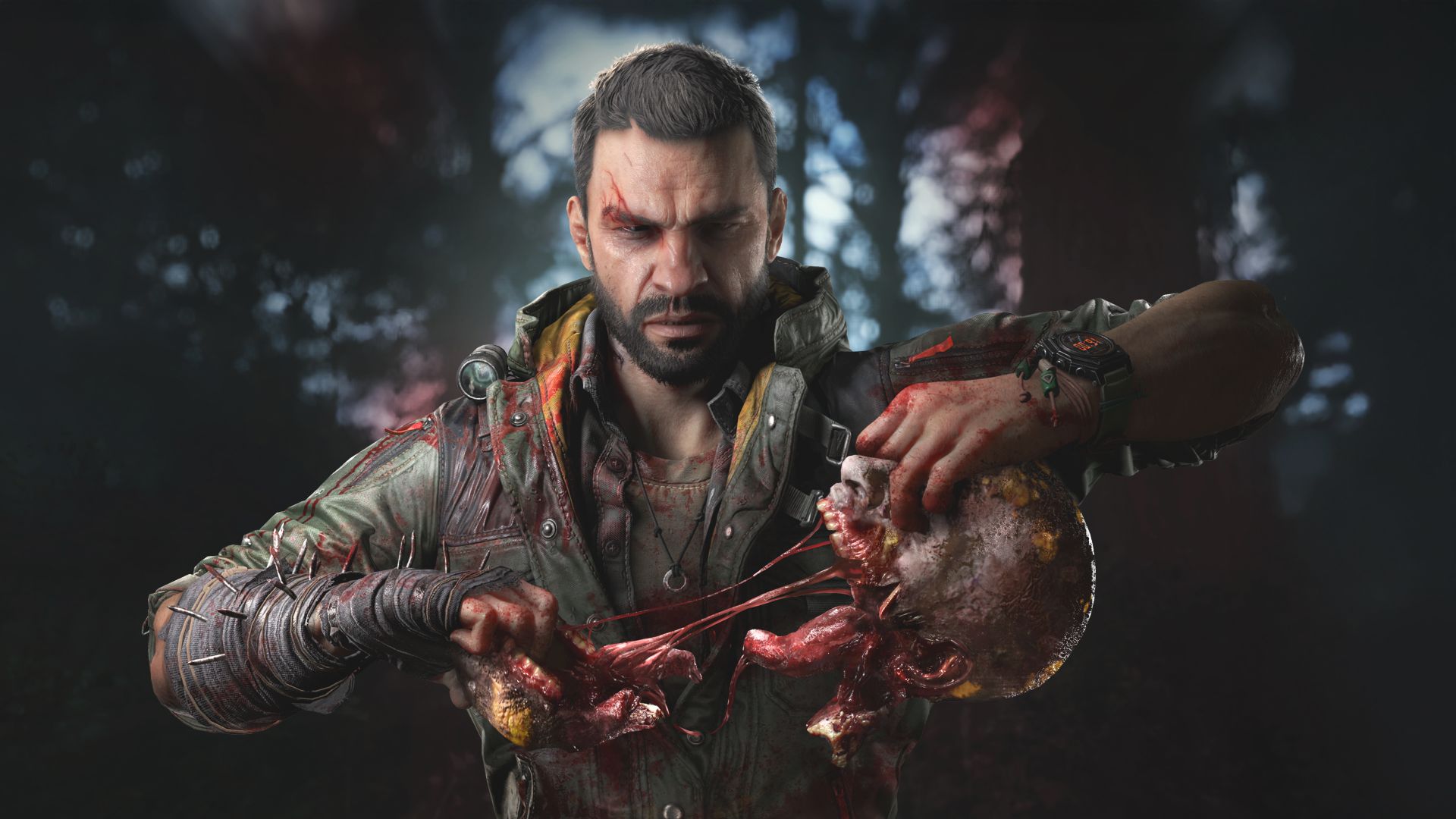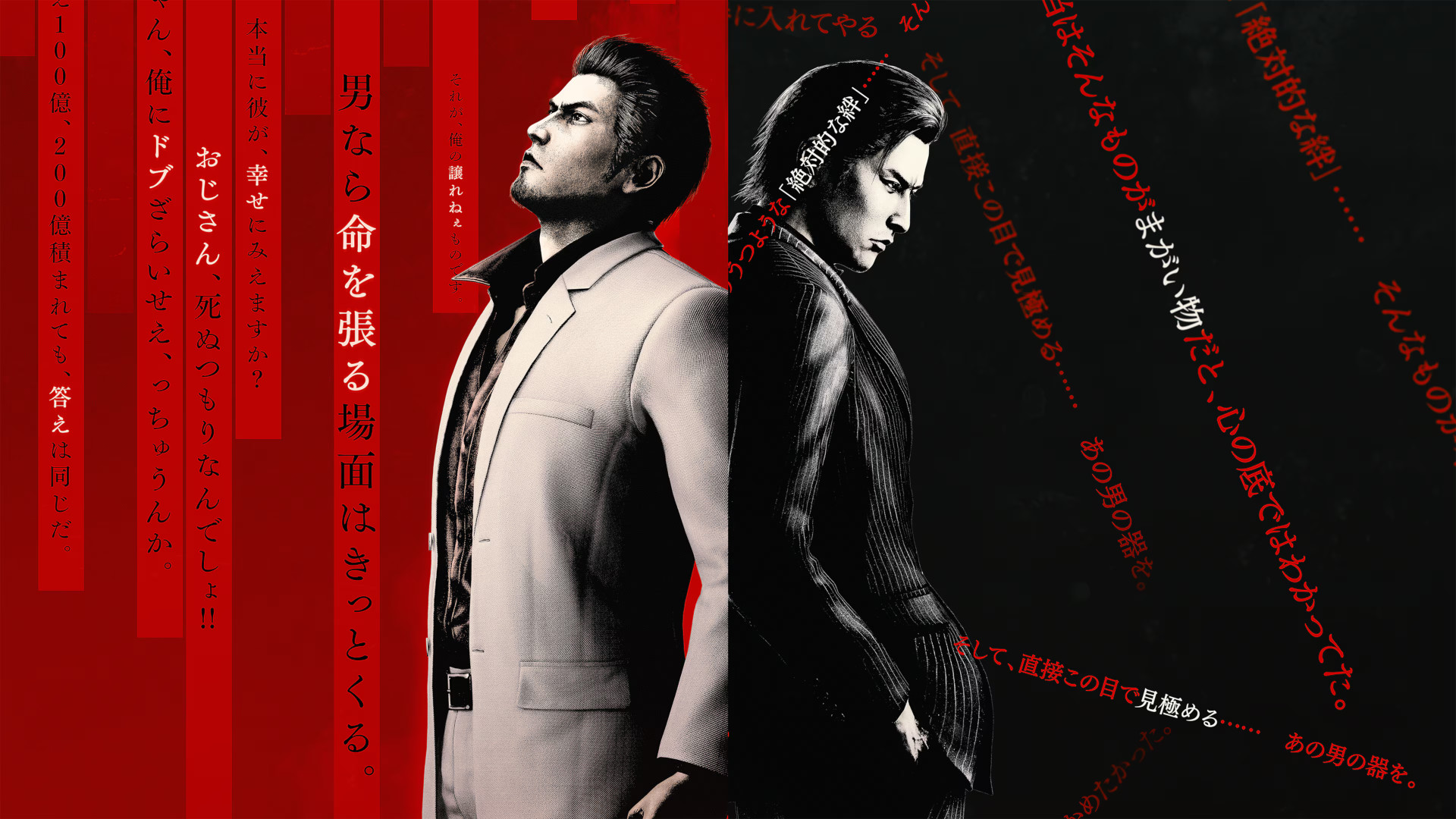Dying Light: The Beast's dialogue choices are all about character building instead of story-shaping, and it fixes my biggest problem with Dying Light 2
Opinion | Sometimes, the most powerful moments of choice are ones with private consequences
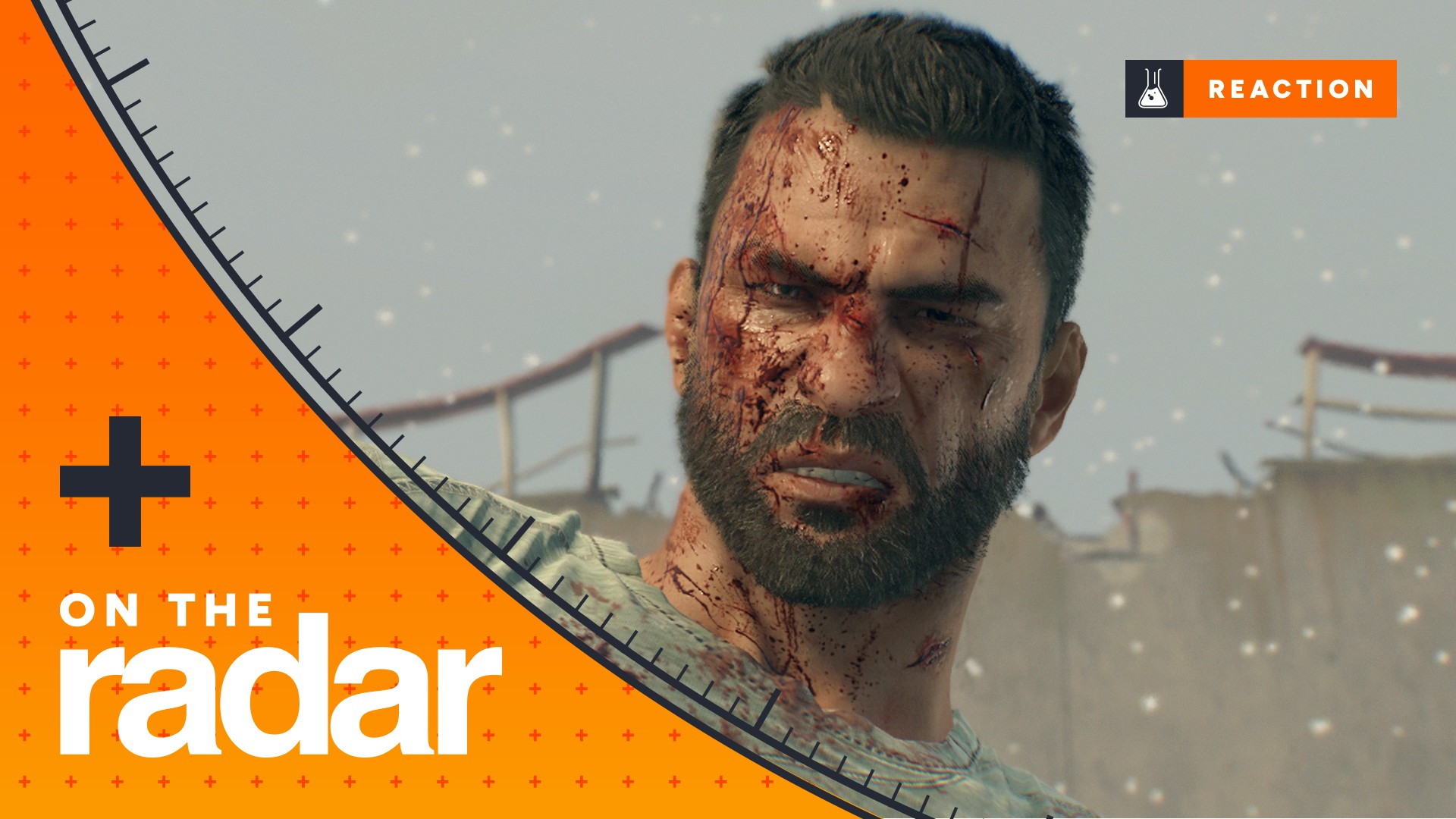
Weekly digests, tales from the communities you love, and more
You are now subscribed
Your newsletter sign-up was successful
Want to add more newsletters?

Every Friday
GamesRadar+
Your weekly update on everything you could ever want to know about the games you already love, games we know you're going to love in the near future, and tales from the communities that surround them.

Every Thursday
GTA 6 O'clock
Our special GTA 6 newsletter, with breaking news, insider info, and rumor analysis from the award-winning GTA 6 O'clock experts.

Every Friday
Knowledge
From the creators of Edge: A weekly videogame industry newsletter with analysis from expert writers, guidance from professionals, and insight into what's on the horizon.

Every Thursday
The Setup
Hardware nerds unite, sign up to our free tech newsletter for a weekly digest of the hottest new tech, the latest gadgets on the test bench, and much more.

Every Wednesday
Switch 2 Spotlight
Sign up to our new Switch 2 newsletter, where we bring you the latest talking points on Nintendo's new console each week, bring you up to date on the news, and recommend what games to play.

Every Saturday
The Watchlist
Subscribe for a weekly digest of the movie and TV news that matters, direct to your inbox. From first-look trailers, interviews, reviews and explainers, we've got you covered.

Once a month
SFX
Get sneak previews, exclusive competitions and details of special events each month!
"Close your eyes," Kyle tells a bloodied bandit before granting the mercy he's begging for in Dying Light: The Beast. The guy was a goner to begin with. I'd been interrogating him for a few minutes – why are bandits slaughtering my allies at the Town Hall? – and only after offering a quick death does the doomed lackey stop spitting curses to reveal the bandits' location.
After he gives up his brethren, Kyle has a choice: put a bullet in his brain, as promised, or leave him to the mercy of Biters and Volatiles as dusk approaches. Like all choices in Dying Light: The Beast, this one has no repercussions save for what it says about Kyle's own headspace. There's nobody in the room but you and your conscience, and when these choices pop up, they give the player a moment to reflect. What would I do as Kyle Crane at this very moment?
Compared to Dying Light 2's RPG-like choices that dictated certain endings or character outcomes, The Beast opts for a more personal approach. Choices enrich a fixed narrative rather than change it, and given the stronger push for tightly-hewn storytelling this time around, I love how Dying Light: The Beast constantly puts me in the middle of Kyle's battle between cold, hard, almost animalistic vengeance, and his still-present humanity.
Warning: Spoilers for several Dying Light: The Beast side quests ahead!
Soul searching
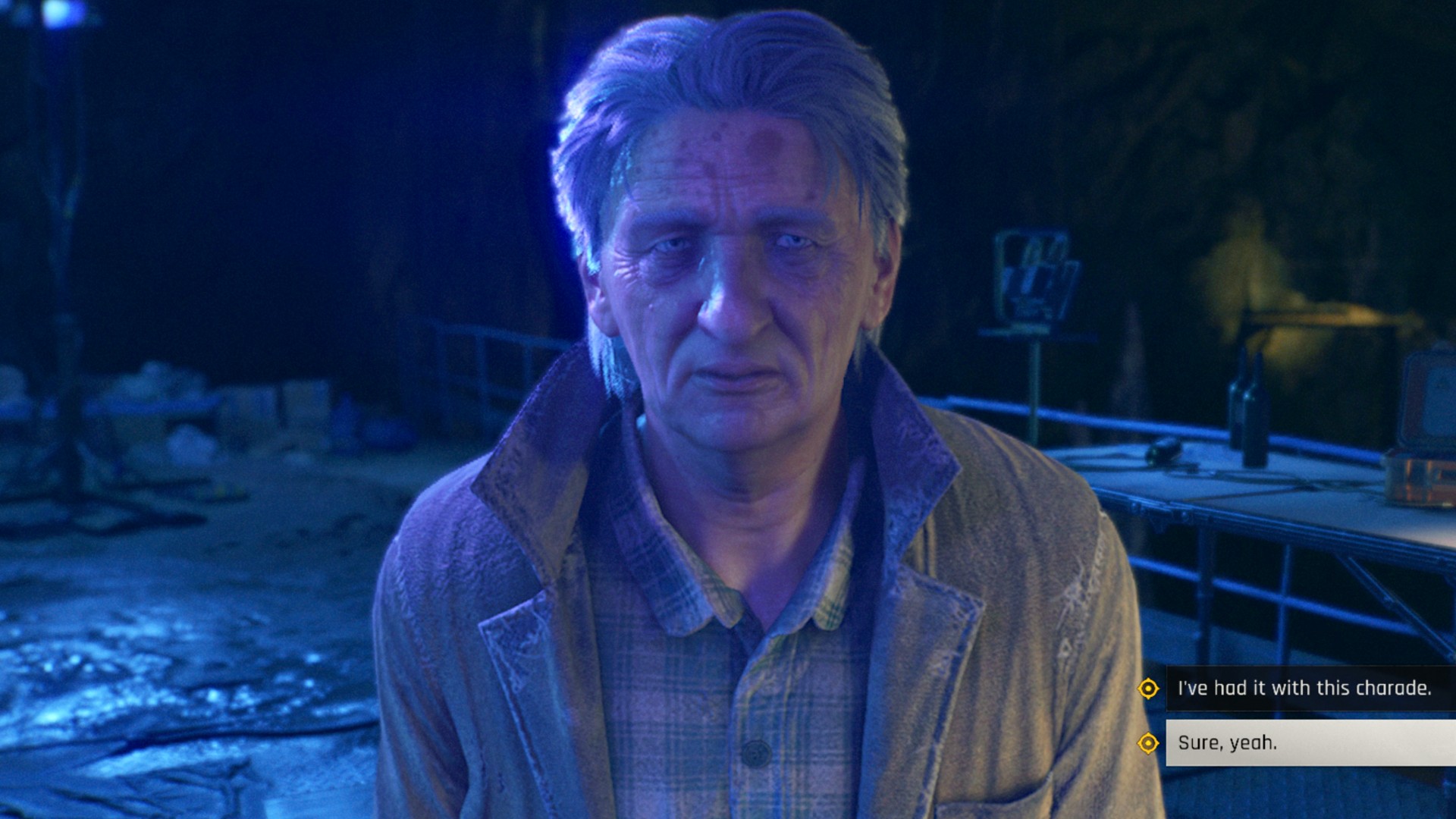
If there's one theme that's run consistently throughout all three Dying Light games, I'd say it's that of humanity. What it means to be human, if it's worth fighting to stay human, how human resilience can help us rise up against the worst threats to our survival.
Dying Light: The Beast probes this question more thoroughly than either of its predecessors. Vengeance and compassion are not necessarily opposites, though many of the in-game choices frequently line them up that way. An example of this is during an early game side quest called What Lurks Beyond the Pines, in which Kyle can either go along with a grief and guilt-stricken old man's delusions that Kyle is his son, Eli, or cruelly tell him to snap out of it once he learns of his past allegiance with The Baron. Whichever path you take, the old man still insists that you're his son, though whether Kyle takes pity on him or resorts to nastiness shapes our own perspective of Kyle as a character.
As much love as I have for the last game's hero, Aiden, I get to know Kyle's personality a lot more intimately at a halfway mark of my 52 hours with The Beast than I did following 80 hours with Dying Light 2.
We continually form Kyle's identity as main and side quests progress, with some of the most powerful narrative moments emerging as a result of choosing whether to forgive or punish those around us. Vengeance itself doesn't predicate a lack of humanity here. Rather, The Beast questions Kyle's ability to put his own feelings aside for the good of others – and to weigh up the value of forgiveness against the pursuit of revenge.
Just desserts
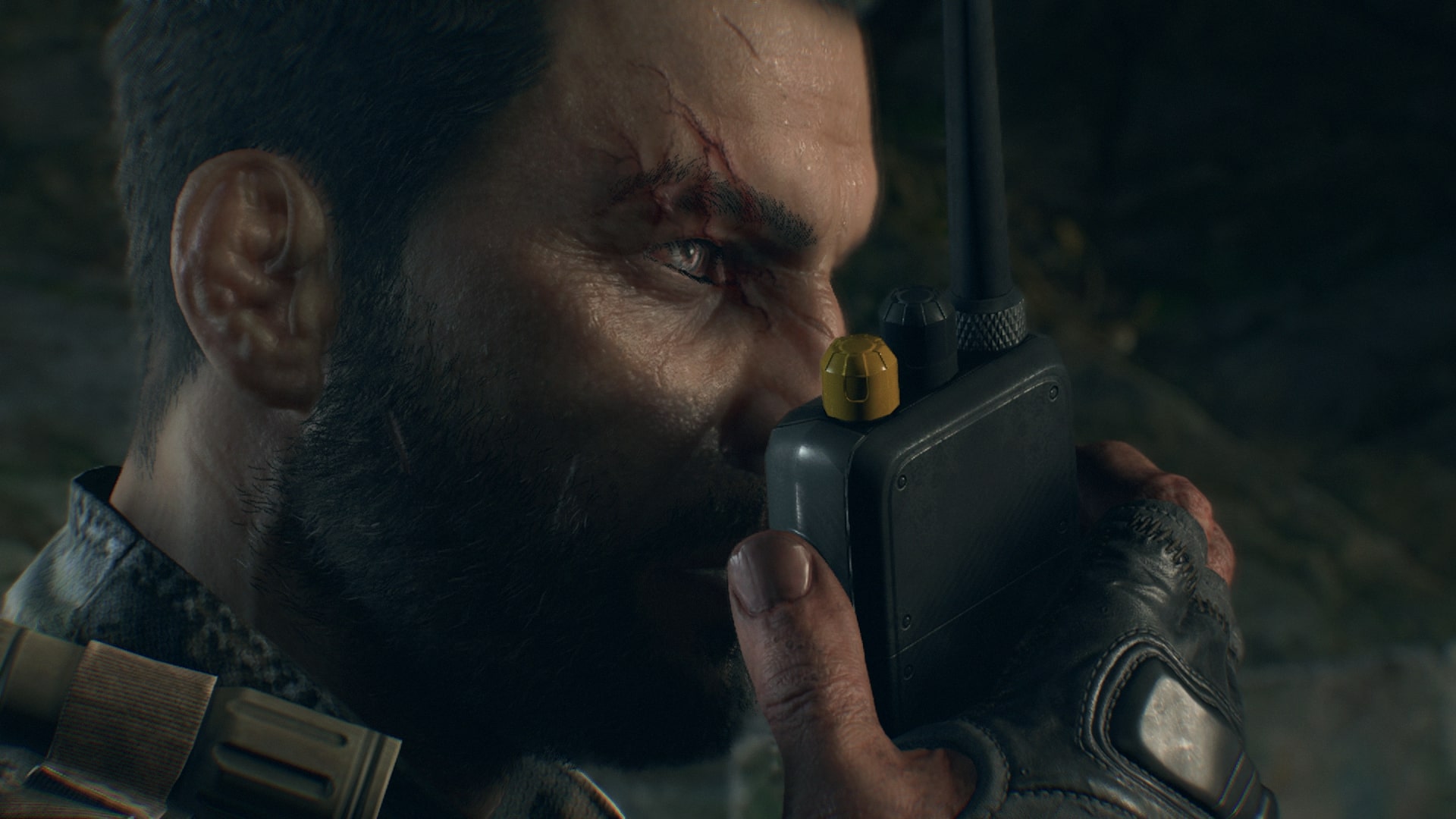
Vengeance has a price in Dying Light: The Beast, and it's our choice whether to pay it.
A formative example here is in the side mission Chain Reaction. Kyle has spent the better part of a day fighting Infected and soldiers alike in order to rescue a woman called Lucy, whose execution had been ordered by The Baron after she supposedly refused to participate in any more of his experiments.
She asks me to gather supplies and fetch a vehicle for her to make an escape from Castor Woods, and just as I start driving over to our meeting spot, I get a call from an Infected telepath named Selby telling me to stay away. I race over to Lucy's location with seconds to spare and find Selby there with a gun against the scientist's head. Selby accuses her of having been personally responsible for the worst of her torment as one of The Baron's test subjects, and reveals that despite feigning ignorance earlier, she'd overseen much of Kyle's own torment, too.
Lucy admits that she'd lied about not recognizing him ("I needed you to help me!") and pleads that she was simply following orders, that she took no pleasure in their suffering. Selby tells Kyle to leave the room. I now have a choice: stay and prevent Selby from shooting Lucy, thereby extolling the virtues of forgiveness, or leave her to her revenge.
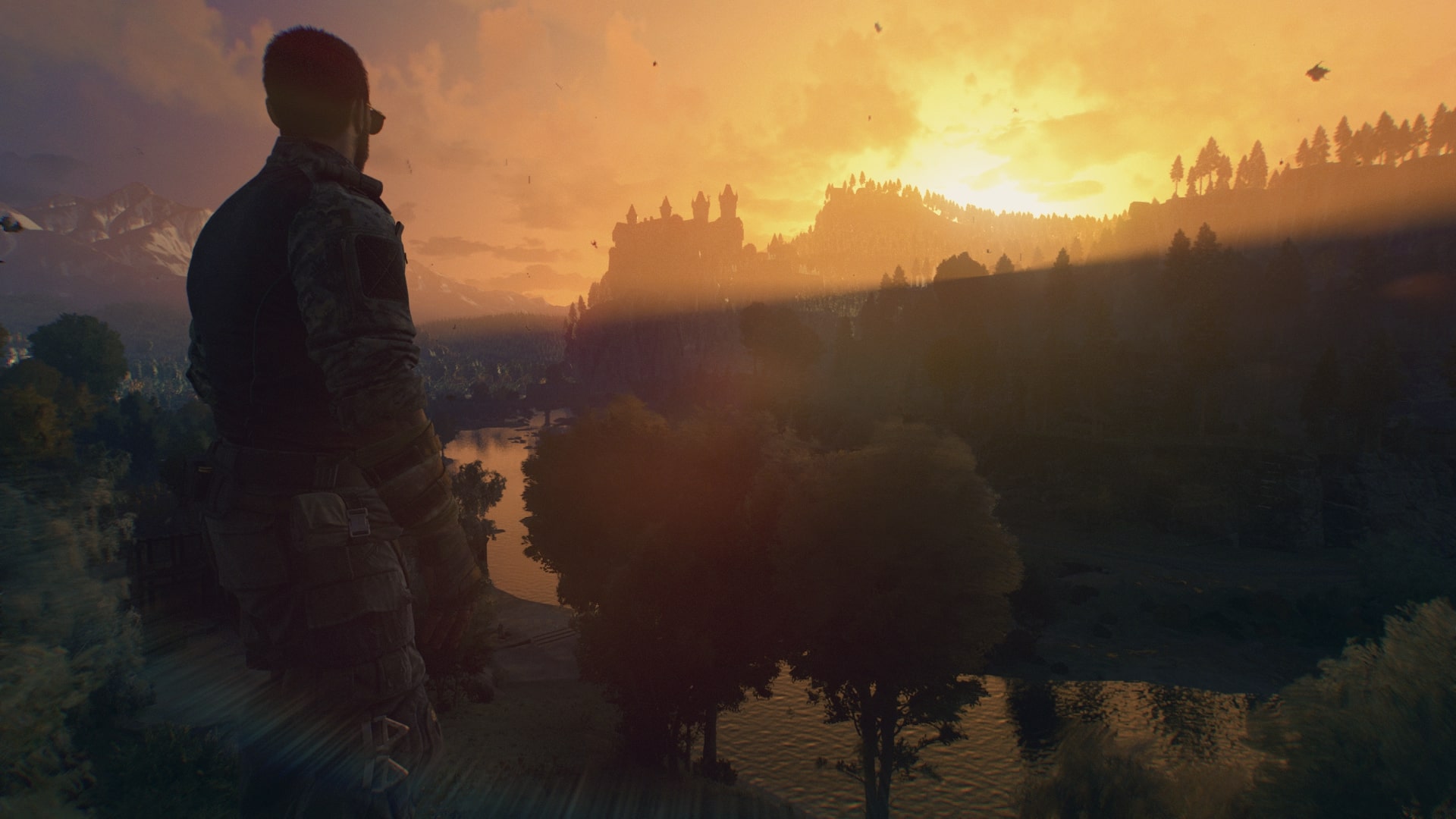
Me? I chose the latter. My rationale here was that despite how I see Kyle as a just, mostly selfless hero, he can't very well be on a vengeance crusade while denying the same thing to others. Plus, the ostensibly Nazi-like undertones of The Baron's operation aren't lost on me; "just following orders" is a thin excuse for inflicting such pain and trauma upon others, so I let Selby have her vengeance.
It's not until later, when I try to talk to Selby at the telepaths' cave, that the effects of this choice are made clear. Kyle tries to empathize with her; he knows she still feels this hollow in her chest, knows how revenge didn't do anything to heal the years of torture she'd endured, yet Selby refuses to speak with Kyle. Maybe forgiveness would have been just – "to err is human, to forgive, divine" after all. But maybe in erring, I've made Kyle and Selby all the more human for it.
Weekly digests, tales from the communities you love, and more
Vengeance has a price in Dying Light: The Beast, and it's our choice whether to pay it. I don't recall Dying Light 2 ever feeling this emotionally fraught, so tightly zeroed in on the psychological trauma of survival, perseverance, and the directionless anger that comes from being a human at the mercy of your own emotions. So yes, there are choices in The Beast, but it's not a matter of getting a good or bad ending. It's all about you, Kyle Crane, and how you work through the darkest parts of what makes you human. And it doesn't really get more Dying Light than that.
Read more of my thoughts on Techland's latest in my Dying Light: The Beast review.

Jasmine is a Senior Staff Writer at GamesRadar+. Raised in Hong Kong and having graduated with an English Literature degree from Queen Mary, University of London, she began her journalism career as a freelancer with TheGamer and TechRadar Gaming before joining GR+ full-time in 2023. She now focuses predominantly on features content for GamesRadar+, attending game previews, and key international conferences such as Gamescom and Digital Dragons in between regular interviews, opinion pieces, and the occasional stint with the news or guides teams. In her spare time, you'll likely find Jasmine challenging her friends to a Resident Evil 2 speedrun, purchasing another book she's unlikely to read, or complaining about the weather.
You must confirm your public display name before commenting
Please logout and then login again, you will then be prompted to enter your display name.
